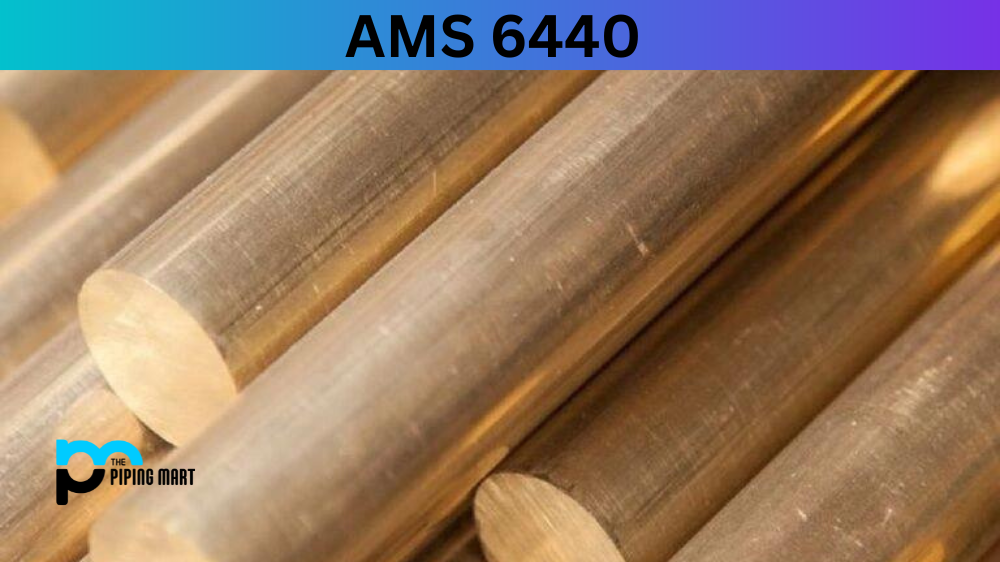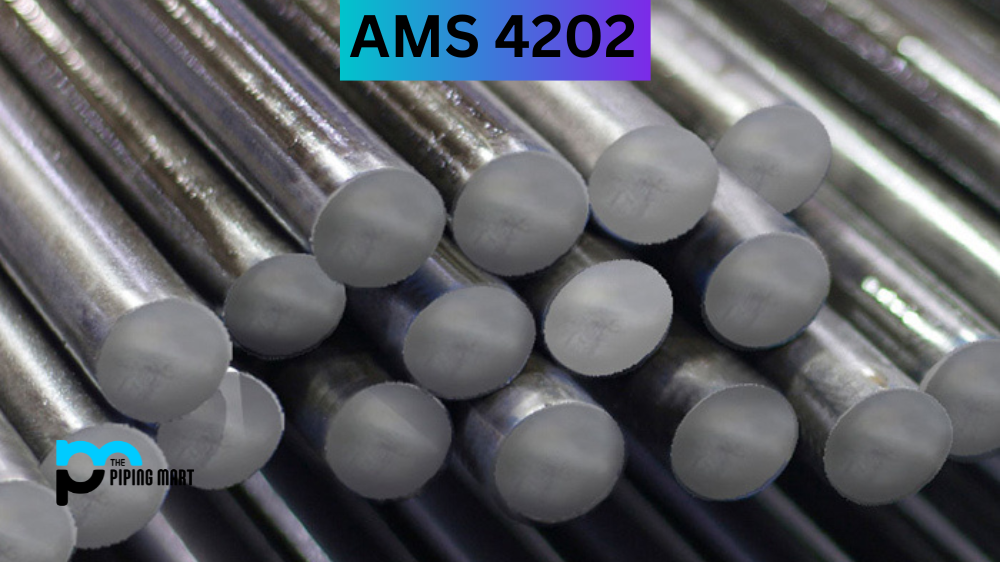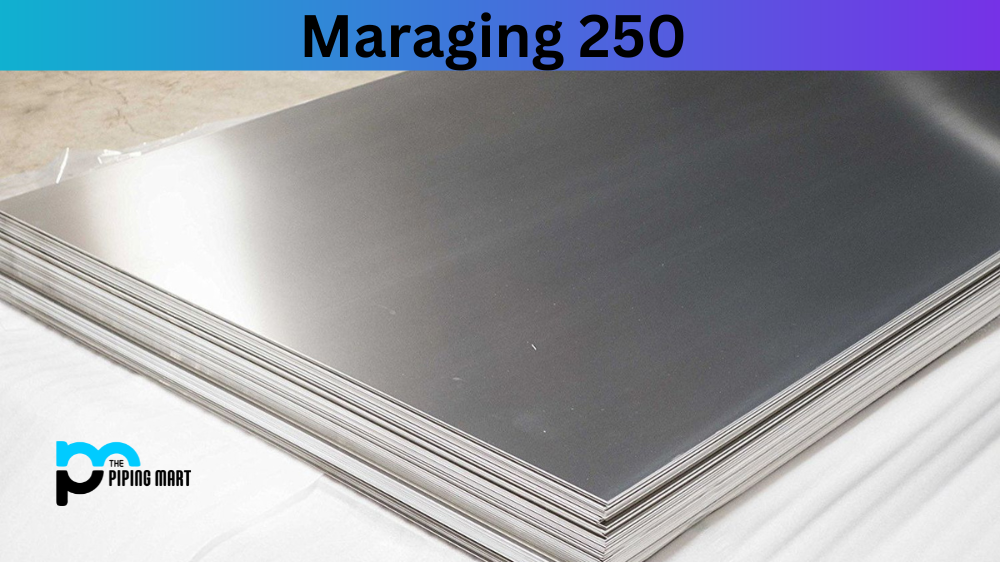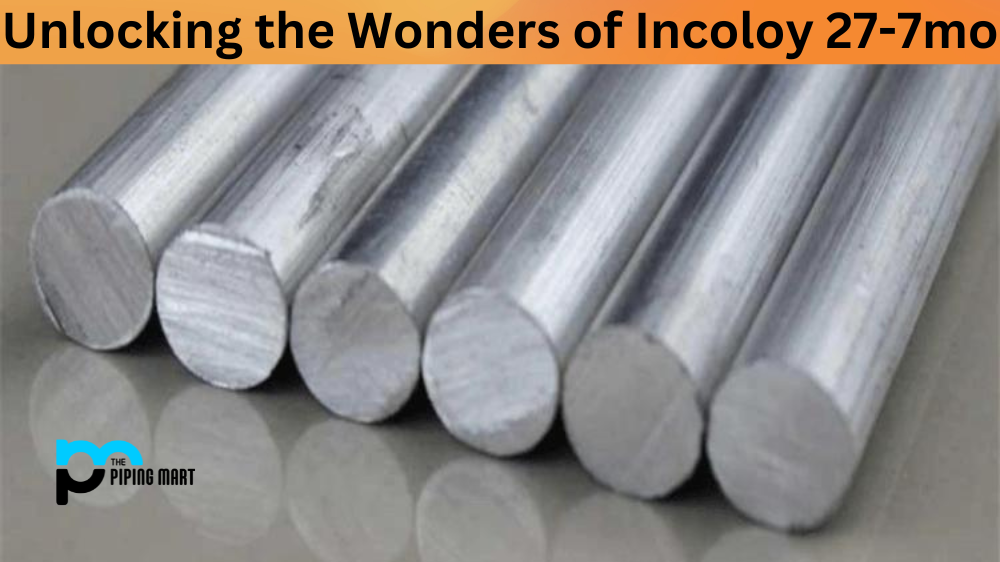In engineering and manufacturing, selecting the right material is crucial in producing quality and efficient products. One of the materials that have gained popularity is AMS 6440, a type of alloy steel used in various mechanical applications. Suppose you’re in the manufacturing business, whether making parts for machinery, aircraft, or other devices. In that case, it’s important to understand AMS 6440’s composition, physical and mechanical properties, and heat treatment processes.
What is AMS 6440?
AMS 6440 (also known as Alloy Steel 52100) metal is a type of steel that is commonly used in industries where high strength and durability are required. It is a low alloy steel that is heat treated, making it incredibly tough and resistant to wear and tear. This metal is often used in aircraft landing gear, missile and rocket components, and hydraulic cylinders. The properties of AMS6440 metal make it an excellent choice for parts that require reliable performance under high stress and extreme conditions. It is easy to see why this type of steel is favoured by engineers and manufacturers who value quality and performance above all else.
What Form is AMS 6440 Available at Piping Mart?
- Bars
AMS 6440 Composition
AMS 6440 is classified as low alloy steel composed of carbon, manganese, phosphorus, sulfur, silicon, nickel, chromium, molybdenum, and vanadium. Its composition gives it superior strength, high resistance to wear and tear, and the ability to withstand high temperatures. The steel is produced through either vacuum arc, electro-slag, or electric melting processes.
| Element | Content (%) |
|---|---|
| Iron, Fe | 96.5 – 97.32 |
| Chromium, Cr | 1.30 – 1.60 |
| Carbon, C | 0.980 – 1.10 |
| Manganese, Mn | 0.250 – 0.450 |
| Silicon, Si | 0.150 – 0.300 |
| Sulfur, S | ≤ 0.0250 |
| Phosphorous, P | ≤ 0.0250 |
AMS 6440 Physical Properties
AMS 6440 tubing exhibits high levels of strength, toughness, and hardness because of its chemical composition. It has a specific gravity of 7.85 and a density of 0.283 lb/in³. The steel has a melting point of 2550 °F and an electrical resistivity of 736 nOhms-m. The tensile strength measures about 2430 MPa, the yield strength is 1800MPa, and the elongation is about 14%.
| Properties | Metric | Imperial |
|---|---|---|
| Density | 7.81 g/cm3 | 0.282 lb/in³ |
| Melting point | 1424°C | 2595°F |
AMS 6440 Mechanical Properties
The mechanical properties of AMS 6440 provide strength, permeability, and resistance. It is hard to machine the material, but annealing could help to improve this problem. The alloy has a Rockwell C hardness rating of 48-53 after treatment, which is fairly high. The material is known for its corrosion and wear resistance and has low thermal conductivity. It works well in high-temperature environments, maintaining high tensile strength at elevated temperatures.
| Properties | Metric | Imperial |
|---|---|---|
| Bulk modulus (typical for steel) | 140 GPa | 20300 ksi |
| Shear modulus (typical for steel) | 80 GPa | 11600 ksi |
| Elastic modulus | 190-210 GPa | 27557-30458 ksi |
| Poisson’s ratio | 0.27-0.30 | 0.27-0.30 |
| Hardness, Brinell | – | – |
| Hardness, Knoop (converted from Rockwell C hardness) | 875 | 875 |
| Hardness, Rockwell C (quenched in oil from 150°C tempered) | 62 | 62 |
| Hardness, Rockwell C (quenched in water from 150°C tempered) | 64 | 64 |
| Hardness, Rockwell C (quenched in oil) | 64 | 64 |
| Hardness, Rockwell C (quenched in water) | 66 | 66 |
| Hardness, Vickers (converted from Rockwell C hardness) | 848 | 848 |
| Machinability (spheroidized annealed and cold drawn. Based on 100 machinability for AISI 1212 steel) | 40 | 40 |
AMS 6440 Thermal Properties
| Properties | Metric | Imperial |
|---|---|---|
| Thermal expansion co-efficient (@ 23-280°C/73.4- 36°F, annealed) | 11.9 µm/m°C | 6.61 µin/in°F |
| Thermal conductivity (typical steel) | 46.6 W/mK | 323 BTU in/hr.ft².°F |
AMS 6440 Uses
AMS 6440 is used in numerous industrial applications due to its strength, resistance, and durability. It is commonly used to manufacture gears, shafts, pinions, spindles, pumps and valves, and other mechanical parts. It is also found in the aerospace industry as components of engines and landing gears for both military and commercial aircraft.
AMS 6440 Heat treatment
Heat treatment is crucial in optimizing the effectiveness of AMS 6440. A typical heat treatment regimen involves heating the metal to 1500-1600°F followed by quenching using any fluid, such as water, oil or air, depending on the desired properties. Finally, the material is tempered to improve its mechanical and physical properties further.
AMS 6440 Hardness
The hardness of AMS 6440 is a hot topic among metallurgical engineers and machinists alike. This particular specification sets a high standard for strength and durability in steel alloy materials used for manufacturing critical components such as gears, shafts, and bearings. Achieving the desired hardness level requires precise heat treatment and quenching processes, which can be a challenge for even the most experienced technicians. But when done correctly, the result is a material that stands up to high stress and wears situations in aerospace, defence, and other demanding industries. Understanding the science behind the hardness of AMS 6440 is crucial for anyone working with this material, and it’s an ongoing voyage of discovery that continues to fascinate those in the field.
Conclusion:
In conclusion, the use of AMS 6440 material is rising in engineering and manufacturing due to its superior strength, durability, and resistance. It is essential to understand its composition, physical and mechanical properties and heat treatment processes to utilize its full potential. Applying AMS 6440 and appropriate heat treatment can help produce quality and efficient products that meet industry standards.

Meet Bhavesh, a seasoned blogger with a wealth of knowledge and experience. From metal products manufacturing to retail, Bhavesh has a diverse background in various industries and is dedicated to sharing his insights and expertise with readers.




